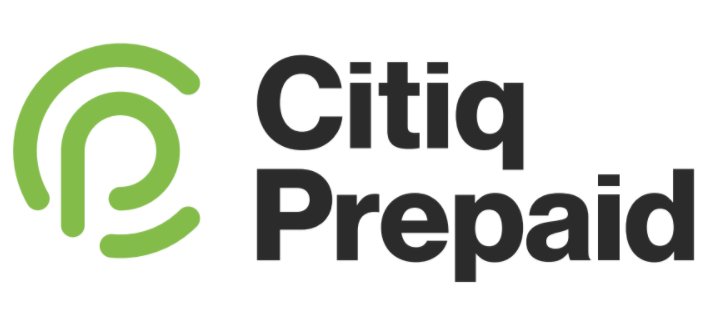The South African property market is booming with new commercial and residential developments, and with that has come an ever-growing need for a more efficient way to monitor and bill tenants for water and electricity use. The use of sub-meters, such as those provided by Citiq Prepaid, has enabled landlords and property owners to more reliably and accurately manage their utilities and reduce the risks involved in providing their tenants with water and electricity utilities.
What are prepaid sub-meters?
A sub-meter (subsidiary meter) is a meter that enables the landlord, property manager, or body corporate to manage and monitor the electricity or water usage. The sub-meter is installed downstream from the main meter (also called the council meter) and does not replace the main meter (those supplied by Eskom or the Municipality) – this is illegal. It is fitted on the supply to the area that will be consuming its own electricity or water. Each area to be measured with have it’s own sub-meter. Sub-meters are suitable for a variety of setups, for example, backyard rentals, the renting out of granny flats, student accommodation, vacation rentals, business parks, apartment blocks, complexes and more. Sub-meters can measure electricity usage as well as water usage.
How does it work? The main council meter will record the total utility consumption for the entire property, while the sub-meter only records a portion of the consumption in the sub-metered area. This means that the sub-meter’s consumption is a part of that recorded by the council meter.
Why are prepaid sub-meters needed?
Without a sub-meter, you as the landlord, property manager or body corporate would have one of two options:
Option 1: You will need to divide the total consumption for water and electricity as measured on the council meter by the number of tenants or square meterage per tenants. This is quite common in commercial setups but less common in residential setups (except for water). The downside is that it is not a fair or exact representation of each tenant’s usage, encourages waste and you may struggle to get payment from tenants.
Option 2: You can install a post paid meter for postpaid billing purposes, however, this can invite a lot of tenant feedback or disputes of usage. This also comes with the usual invoicing admin and risk of non-payment but is at least as fair as you can get without a sub-meter.
Your other option is to use a sub-meter:
Option 3: Install a water and/or electricity sub-meter and tenants can pay upfront for their utilities.
What are the benefits of prepaid sub-metering to tenants?
Prepaid sub-metering solves a whole host of problems; it allows for reliable and accurate utility management for commercial and residential areas that minimises admin, improves customer engagement and saves you money. Tenants pay upfront for their utilities, which means that you will never struggle to collect money from tenants again. The transparent monitoring means that tenants can see how much water and electricity they are using, which helps them use less and so save money and has the bonus effects of reducing waste (and so greener) and dealing with far fewer disputes over usage and billing.
As Citiq Prepaid’s Managing Director, Michael Franze, puts it, “Tenants want transparency in their electricity and water usage so they can maximise their budgets and feel secure in their spend. They also want to work with managing agents and landlords that understand the importance of transparency, and who ensure that the systems they use are modern, capable and accessible.”
Is sub-metering legal?
Sub-metering in South Africa is lawful, provided that landlords do not overcharge their tenants and that the relevant regulations are observed. These regulations include:
- The Rental Housing Act.
- The Electricity Regulation Act.
- Applicable municipal by-laws and regulations.
Please note: Citiq Prepaid meters are prepaid sub-meters and must always be installed downstream from Eskom/Council meters. We will provide information to authorities for criminal prosecution should anyone try to replace the main meter.

